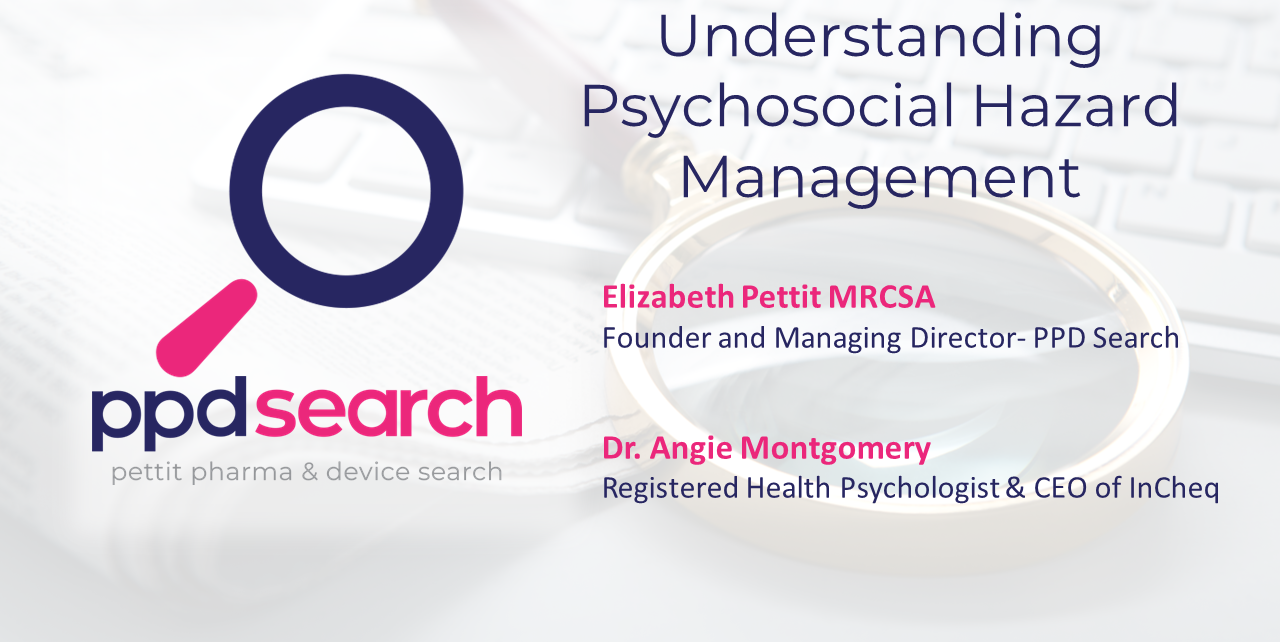By Sahar Nawaz
•
June 13, 2024
As part of the recruitment industry, I can't emphasise enough the importance of diversity, equity, and inclusion (DEI) in hiring practices. It is crucial to build a fair and equitable workplace as this is a significant driver of innovation, creativity, and overall company success. Embracing diversity involves acknowledging and appreciating the distinct perspectives, experiences, and backgrounds that each individual offers. This not only cultivates a more inclusive environment where everyone feels respected and appreciated but also encourages a broad range of ideas and problem-solving approaches. Equity aims to guarantee fairness and impartiality in how all employees are treated, irrespective of their backgrounds or identities. It recognises that different employees may have unique needs and circumstances and therefore focuses on implementing policies and practices that promote equal opportunities for recruitment, hiring, promotion, and compensation. Inclusion requires intentional efforts to cultivate a feeling of belonging and unity among all employees, regardless of their differences. It goes beyond mere representation, aiming to ensure that each individual feels welcomed, accepted, and valued for who they are. Why Diversity, Equity, and Inclusion Matter Innovation and Creativity: Diversity of thought, background, and experience breeds innovation. When individuals from varied backgrounds collaborate, they bring fresh perspectives that can result in unique ideas and solutions. Attracting and Retaining Talent: In today's competitive job market, top talent seeks out inclusive workplaces where they feel valued and respected. Employers who practise DEI have wide advantages in talent access, fill rates, and attraction. It not only attracts diverse talent but also encourages employee loyalty and retention. Better Decision-Making: Diverse teams are better equipped to make informed decisions. By considering a variety of viewpoints, organisations can make more thorough and effective decisions. Enhanced Customer Insights: Inclusive workplaces are better aligned to understand and serve diverse customer bases. Employees from different backgrounds can offer valuable insights into customer needs and preferences, leading to improved products and services. Financial Performance: There have been far-reaching changes in the business environment over the past few years, yet companies with diverse leadership teams continue to be associated with higher financial returns . So, how can companies ensure their hiring practices are truly inclusive? Here are some strategies: Unbiased Job Descriptions: Ensure job descriptions are free from biased language and requirements that possibly discourage certain individuals from applying. Use language that focuses on the skills and qualifications necessary for success in the role. Varied Sourcing Platforms: Expand your recruitment efforts to reach a more diverse pool of candidates. This might involve posting jobs on platforms specifically designed for underrepresented groups, collaborating with organisations advocating for workforce diversity, or launching focused outreach campaigns. Structured Interview Processes: Implement structured interview processes that are designed to minimise bias and ensure a fair evaluation of candidates. Diverse Interview Panels: Whenever possible, involve a group of interviewers from different backgrounds in the hiring process. This not only helps to eliminate bias but also sends a powerful message to candidates that your organisation values diversity at all levels. Transparent and Inclusive Decision-Making: Ensure that your decision-making processes are transparent and incorporate input from all stakeholders. Keep candidates informed at every stage of the process and provide feedback regardless of the outcome. Encourage open dialogue and feedback from employees to continually improve your hiring practices. Diversity Training and Education: Offer diversity training and education programs to employees at all levels of the organisation. This can help to raise awareness of unconscious biases, enhance cultural competence, and therefore create a more inclusive workplace culture overall. Supportive Policies and Practices: Implement policies and practices that support diversity and inclusion, such as flexible work arrangements, parental leave policies, and employee resource groups. Creating an environment where everyone feels supported and valued is key to attracting and retaining a diverse workforce and will prevent attrition. Diversity, equity and inclusion not only help employees to thrive but also lead to stronger, more resilient organisations that are better equipped to meet the challenges of today's global marketplace. Time to take action! At the heart of every successful organisation lies a commitment to diversity, equity, and inclusion. Now is the time to take actionable steps towards creating a more inclusive workplace. By implementing unbiased hiring practices, fostering a culture of belonging, and supporting every employee's unique needs, we can drive innovation, attract top talent, and make better decisions for a brighter future. Contact us to learn more about how you can enhance your DEI strategies and create a more inclusive workplace.






